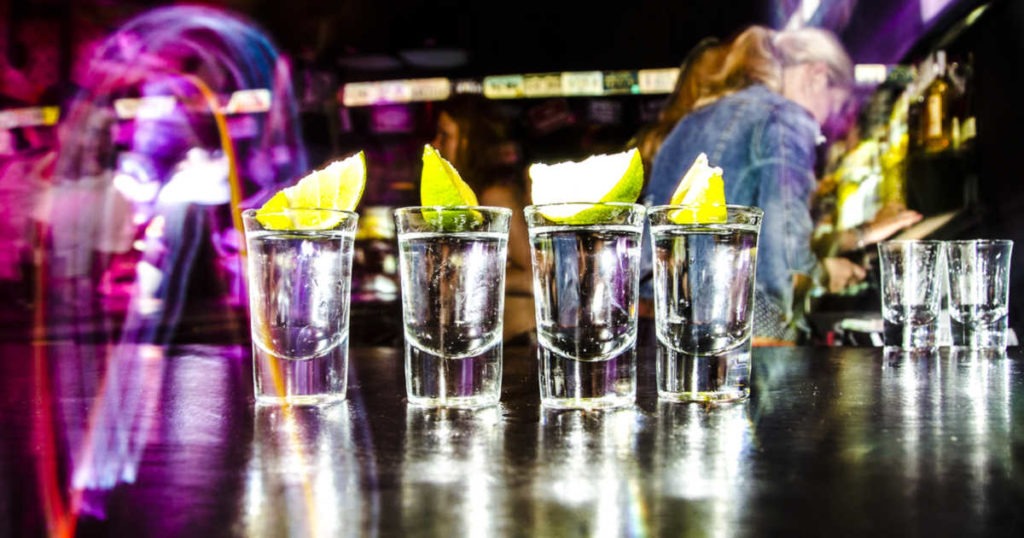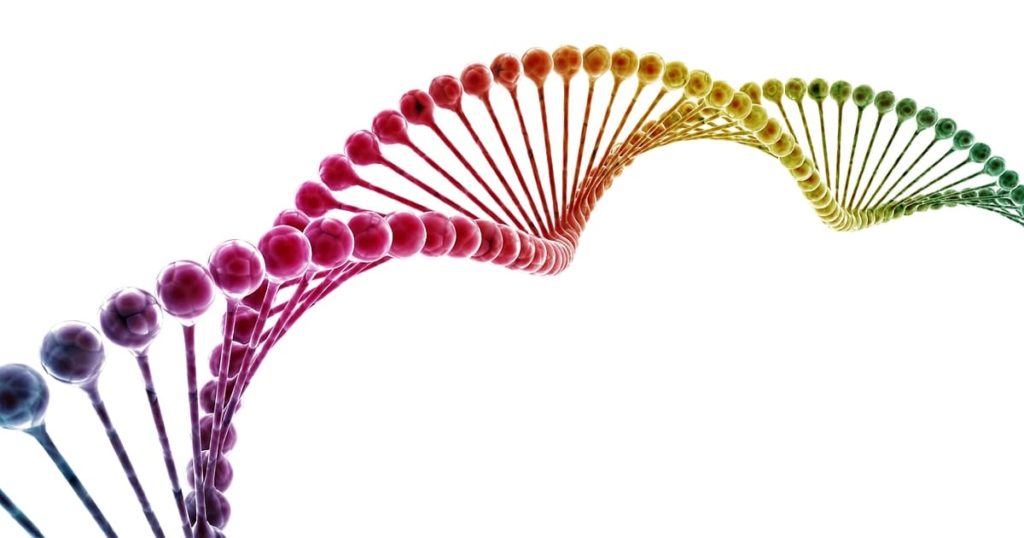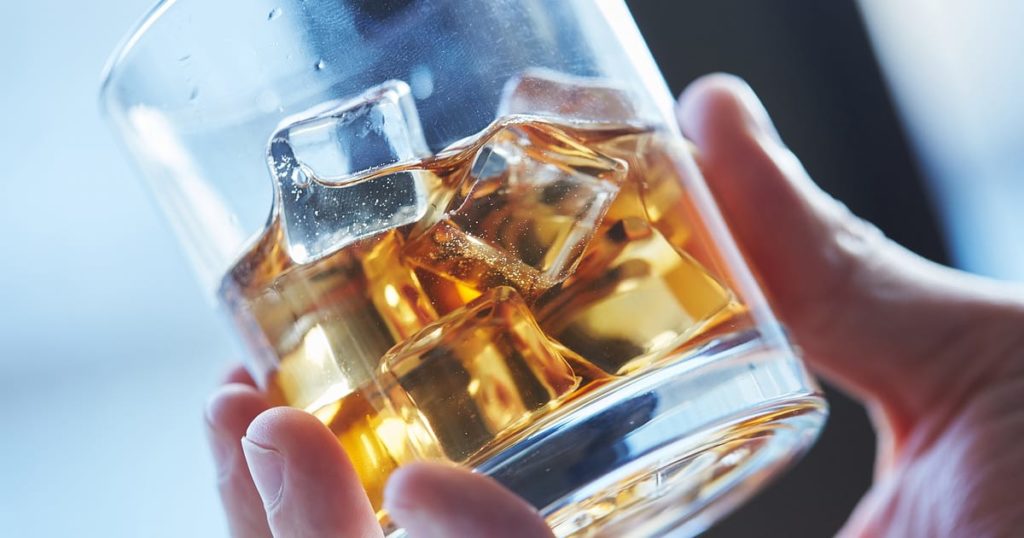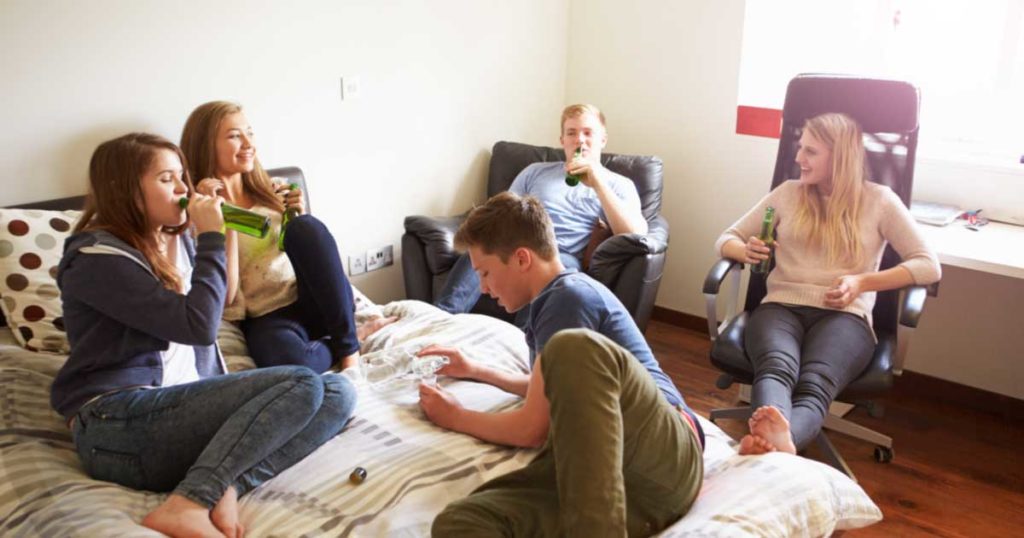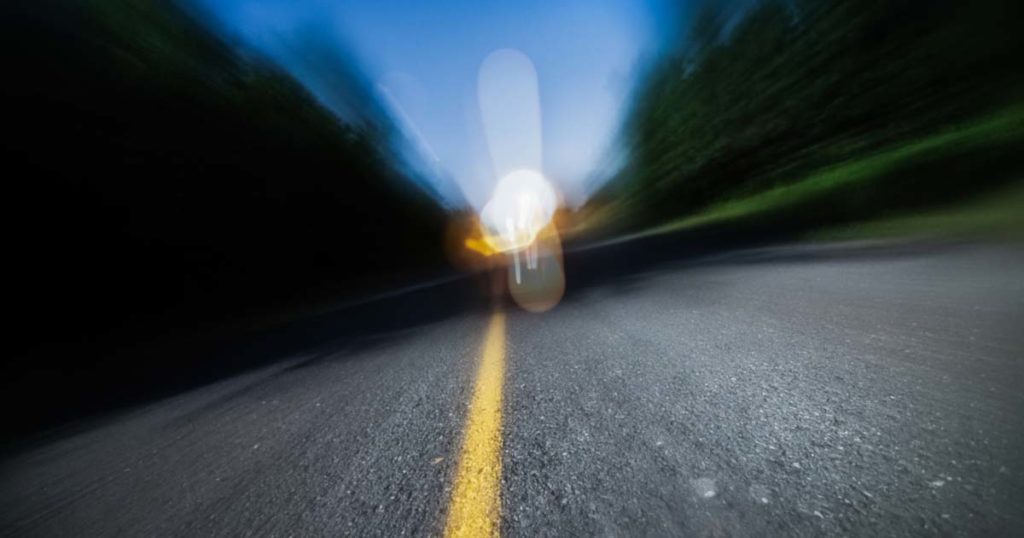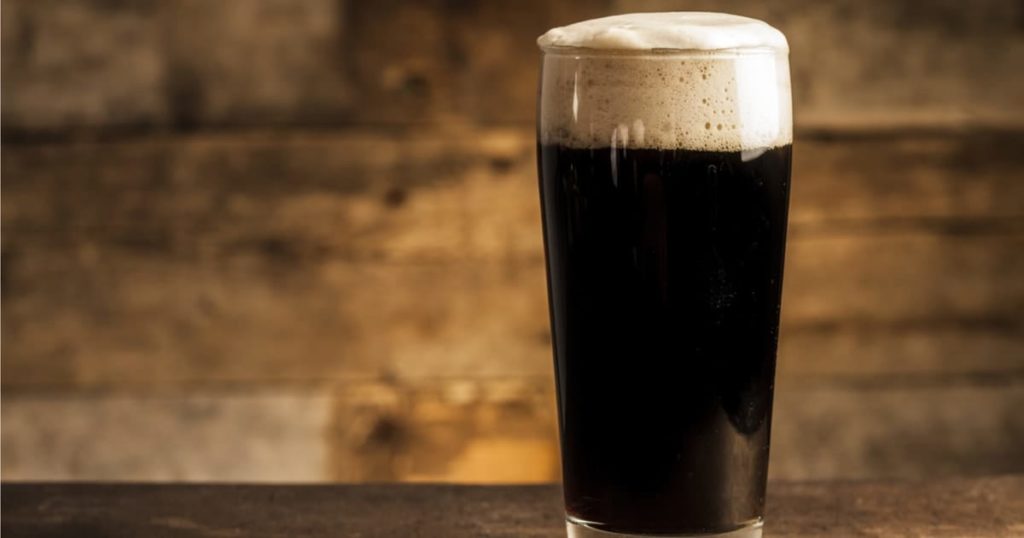Binge drinkers consume enough alcohol in a brief period of time to get legally drunk. This pattern of consumption is known for its ability to produce a broad range of personal and social harms. Despite this fact, millions of Americans binge on alcohol every month. If you are one of those individuals, you may have paused to wonder, why do I binge drink? The answer to this question touches on a number of possible factors.
Role of Alcohol Expectancy
From a fairly early age, most people begin to develop beliefs about alcohol and alcohol use. Researchers refer to these beliefs as alcohol expectancies. If you mainly believe that alcohol has positive effects such as pleasure enhancement and reduction of undesirable social inhibitions, you will generally tend to drink more often and in larger amounts. On the other hand, if you mainly believe that alcohol has negative effects that include increased risks for personal injury and other forms of harm, you will generally tend to drink less often and in smaller amounts. In a major review published in 2009 in the American Psychiatric Association’s Psychological Bulletin, a team of researchers from San Diego State University analyzed the role of alcohol expectancy in the odds that young people will binge on alcohol. These researchers found that people who have a lot of positive alcohol expectancies binge drink more often than their counterparts who don’t have as many positive expectancies. Crucially, the presence of negative alcohol expectancies in young adults does not appear to reduce the risks for binging.
Role of Social Environment
The answer to the question, why do I binge drink?, also has a strong social component. People who drink in large groups can actually perceive a higher level of alcohol-related euphoria than people who drink in smaller groups or by themselves. This fact has an array of implications. Among other things, it means that if you consume alcohol at social gatherings filled with intoxicated individuals, you have a greater chance of binging on alcohol. You also have higher binging risks if your social circle views alcohol and intoxication in a positive light.
Impact of the College Environment
Binge drinking is especially common on America’s college campuses. In fact, college students not only binge on alcohol more often than older adults, they binge on alcohol more often than their age peers not enrolled in school. A number of considerations help explain these facts. Examples of the main considerations include:
- The ease of obtaining alcohol on most campuses
- The lack of consistent enforcement of underage drinking laws at businesses in college towns
- The sheer amount of free time available to the typical college student, and
- The lack of direct oversight from parents and other authority figures
Generally speaking, first-semester freshman have the greatest risks for binge drinking. However, the risks are largely ongoing for college students. Alcohol consumption is highest at schools with well-established fraternities and sororities. Among all students, those who reside with their parents instead of on campus or in an apartment consume the least amount of alcohol. When answering the question, why do I binge drink?, you may need to consider the impact of some of these factors or all of them. Whatever your motivations for binging on alcohol, you should know that the practice greatly increases your exposure to serious (and potentially fatal) outcomes such as:
- Alcohol poisoning
- Motor vehicle accidents
- Sexual assaults, and
- Violent, non-sexual attacks
Binge drinking with any regularity also significantly increases your chances of qualifying for a diagnosis of alcohol use disorder, which includes alcoholism and non-addicted alcohol abuse. Consider seeking professional treatment if you suspect you may suffer from an alcohol use disorder.
Resources
Centers for Disease Control and Prevention: Fact Sheets – Binge Drinking https://www.cdc.gov/alcohol/fact-sheets/binge-drinking.htm Psychological Bulletin: Binge Drinking in Young Adults – Data, Definitions and Determinants https://www.ncbi.nlm.nih.gov/pmc/articles/PMC2748736/ National Institute on Alcohol Abuse and Alcoholism: College Drinking https://pubs.niaaa.nih.gov/publications/collegefactsheet/Collegefactsheet.pdf

